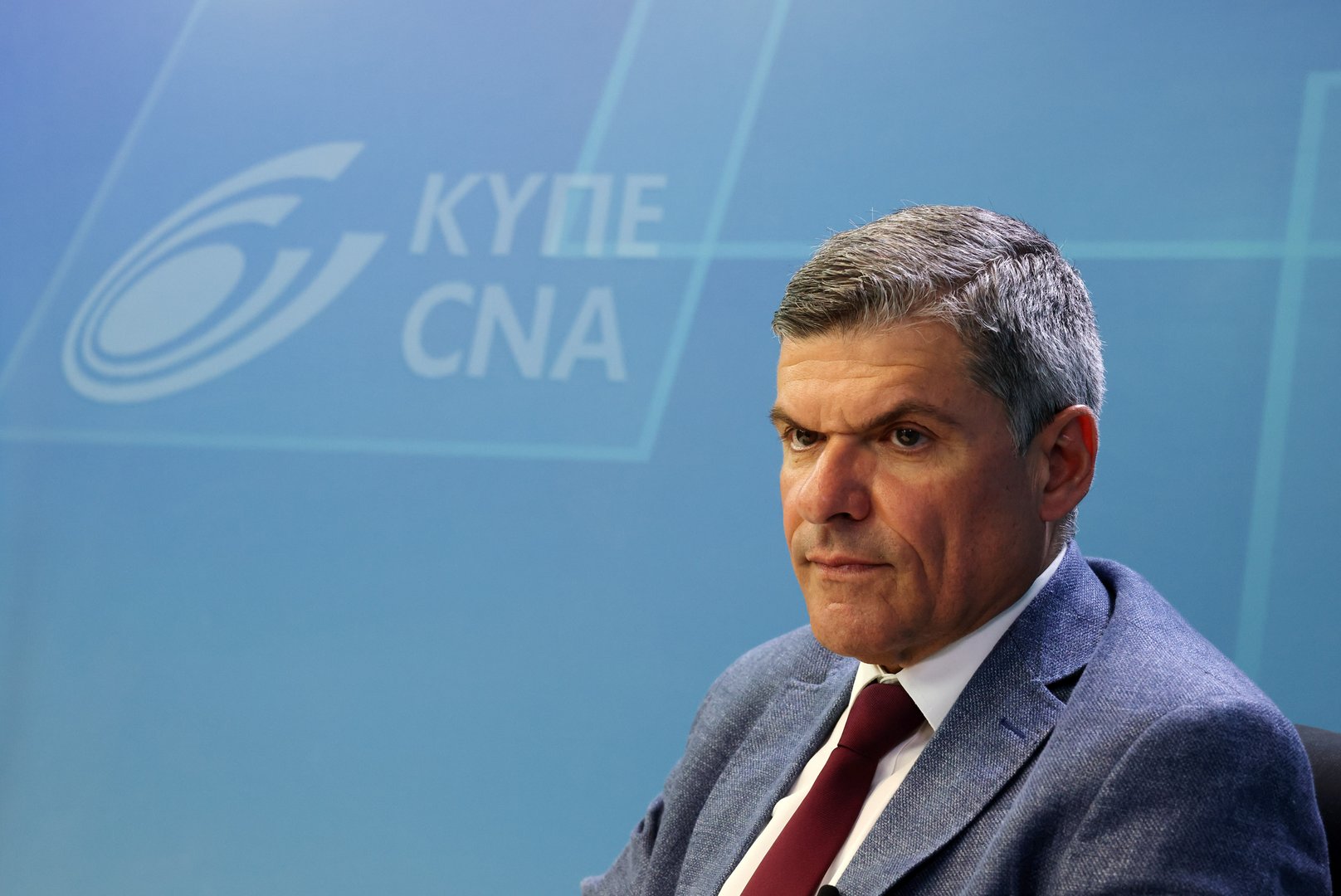Energy Minister George Papanastasiou on Tuesday confirmed reports that the EuroAsia Interconnector has run into trouble due to financing issues, but sought to downplay speculation that the project could be scrapped altogether.
The minister was speaking to the Cyprus News Agency, on the back of a report in daily Phileleftheros claiming that the mooted project – a subsea electricity cable linking Cyprus with the Greek and Israeli grids – could run aground due to insufficient financing.
He also confirmed that he had met with the finance minister at the weekend to discuss this matter.
“With the finance minister we made an assessment of the state of affairs, where we are, what is the status of the project and the aid we are receiving from the European Commission, what are the capabilities of the project promoter, and what are the [Cypriot] state’s capabilities should the project need support.”
Papanastasiou added that no decision was taken at that meeting “because such a decision must be made by the President of the Republic…it is not only a financial decision, nor merely an energy decision.”
He said that currently all options are under consideration – financial involvement of the state in the project (meaning becoming a stakeholder), financial support, or no involvement.
“At this stage we put everything on the table – what the project means to Cyprus, assessment and sustainability, and this is what we’re examining at the moment. If we do support it, it means that it meets the sustainability criterion because, if it doesn’t go through that stage, it won’t be included in the projects in which the state would like to participate.”
Asked if the project as a whole was in jeopardy, the minister said only that it presents serious delays. He said these delays have “caused a reaction from the EU” which is co-financing the project.
The same matter was also discussed during a meeting chaired by the president in early July.
The EuroAsia Interconnector is a high-voltage direct-current interconnector between the Greek, Cypriot, and Israeli power grids via the world’s longest submarine power cable – 310 km from Israel to Cyprus and 898 km from Cyprus to Greece, for a total of 1,208 km. It is a major Project of Common Interest of the European Union and a priority Electricity Highway Interconnector Project, as an energy highway bridging Asia and Europe.
According to an analysis by the European Network of Transmission System Operators, the expected reduction of CO2 is between 1.3 and 6.8 million tonnes each year, or between 21 per cent and 110 per cent of Cyprus’ total emissions.
Cyprus, Greece and Israel signed an initial agreement in March 2021.
There are particular benefits for all countries involved since the interconnector would spur investment in renewables.
In January 2022 the European Commission approved €657 million under the Connecting Europe Facility (CEF) for the project. The project received an additional grant of €100 million through the Cyprus Recovery and Resilience Plan, part of the EU Recovery and Resilience Facility (RRF).
According to Phileleftheros, the European Commission has warned that unless adequate financing is secured within the agreed timeframe, it may have to channel the allocated grants elsewhere – to projects with a better chance of implementation.
Initially the Cyprus to Crete stretch of the cable was estimated at €1.6 billion. Today, and reportedly due to rising costs of construction materials, the price has gone up to nearly €2 billion.
The project promoter has a limited time window to secure all the financing needed to enter a final agreement with the Norwegian company Nexans who will build the cables. Unless the deal with Nexans is clinched soon, the Norwegians could turn their attention to other projects.
Phuleleftheros reported also that Finance Minister Makis Keravnos asked Papanastasiou to prepare a memo about the financial aspect that would help him make a recommendation to the president on whether the Cypriot state should co-finance the project.







Click here to change your cookie preferences